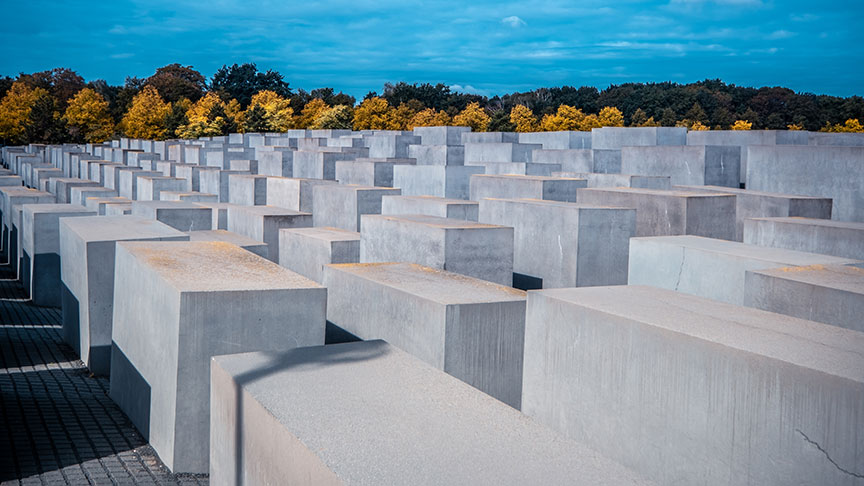The Nazi crimes against humanity marked a profound turning point in the history of Germany, Europe and the world. The wounds can still be felt to this day. At first, Germany began only hesitantly and under pressure from the Allies to engage with this history.
Today we can see a broad-ranging remembrance culture that is firmly anchored in civil society. It has changed over the generations, with the influx into Germany of immigrants, and as a result of German reunification. And it will continue to change. Soon we will have only written or video reports from contemporary witnesses, memorial sites will become even more important, and digital means are already being used to reach out to young people. The remembrance culture created by our critical engagement with the crimes of Nazi Germany is not in competition with our engagement with Germany’s history as a whole. It remains vital not to attempt to relativise the singular nature of the Holocaust. At the same time, we have a duty to remember the crimes of the colonial era, and to report on and provide information about the experiences of people who suffered under the dictatorship in East Germany or of immigrants who have faced and continue to face structural racism in German society.
As part of its critical analysis of Germany’s colonial past, the DAAD has launched German Colonial Rule, a scholarship programme funded by the Federal Foreign Office that focuses on researching the role played by German authorities during the colonial era. The programme is expected to run until 2026.
Joint remembrance activities create an opportunity for us to shape our future together. The lessons of the past oblige us to do all we can to ensure that such crimes are never repeated. Together with its intermediary organisations, the Federal Foreign Office is committed to a future-oriented remembrance culture that also promotes cross-border dialogue and exchange with a view to understanding history. To achieve this, contact and cooperation with civil societies, wherever possible, is essential. With their diverse networks, the intermediary organisations have a vital role to play here. Cooperation on remembrance work is becoming increasingly complex and difficult in many countries, and this also applies to our cultural relations and education policy in general. This should motivate us to join our intermediary organisations, civil society and engaged academics in working towards a balanced understanding of history worldwide. —


